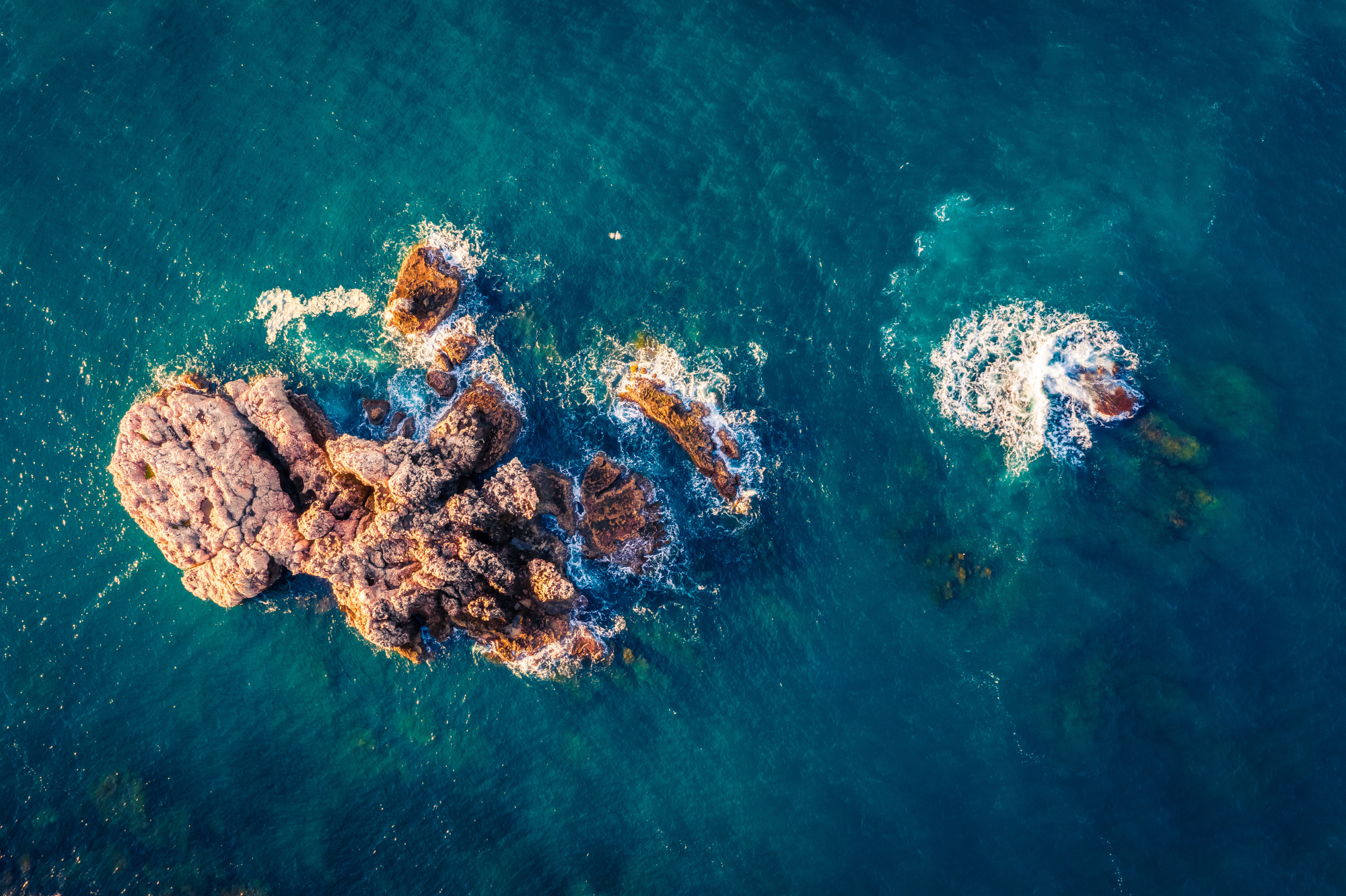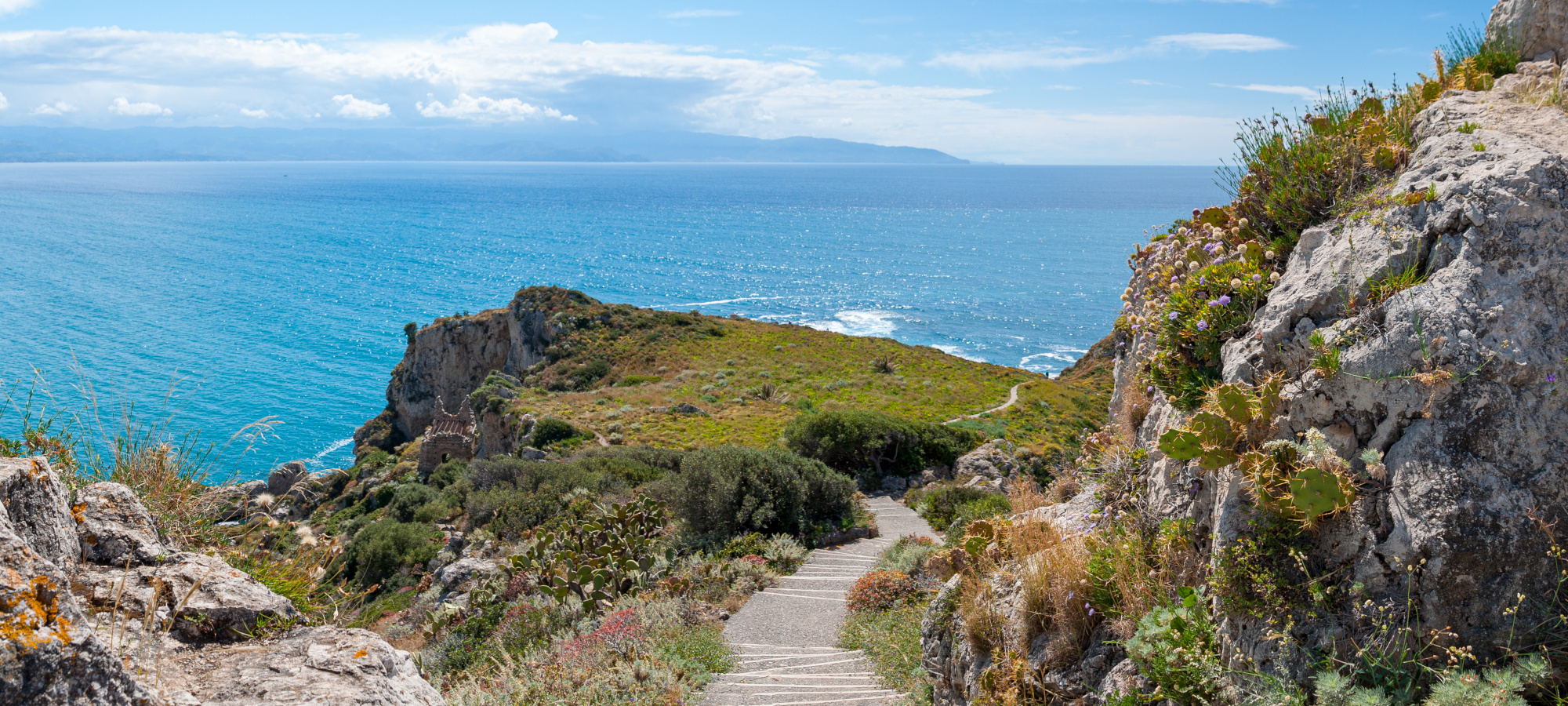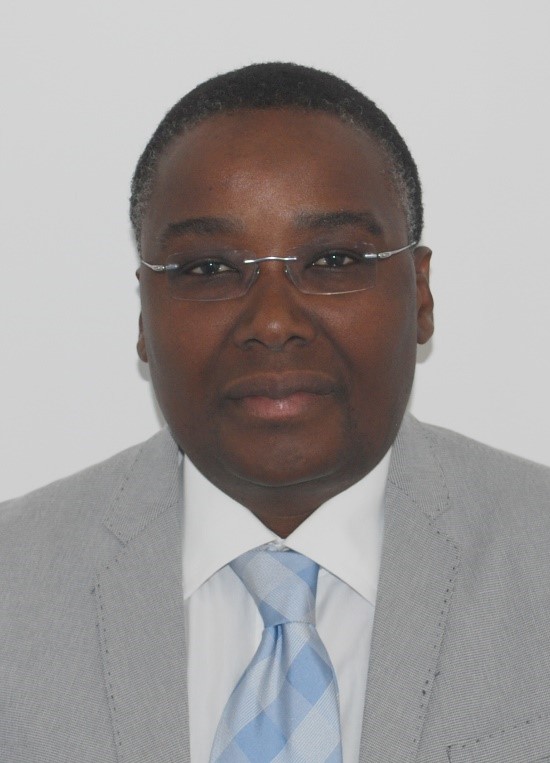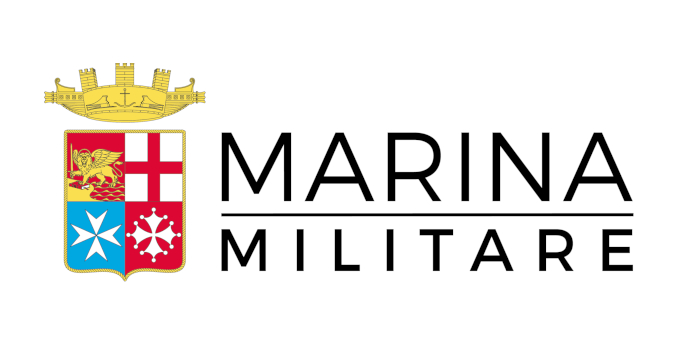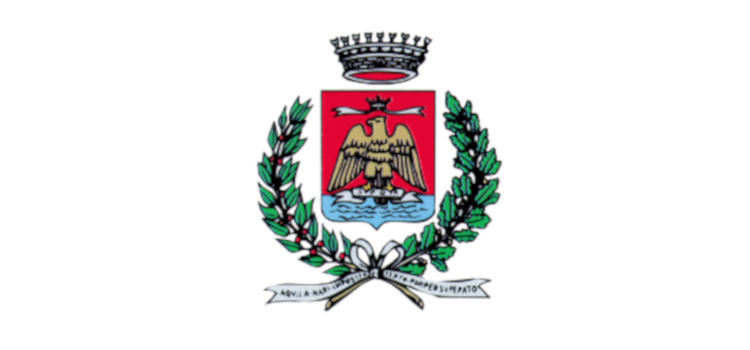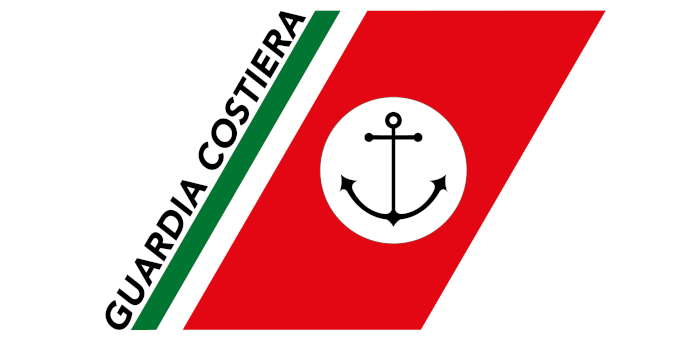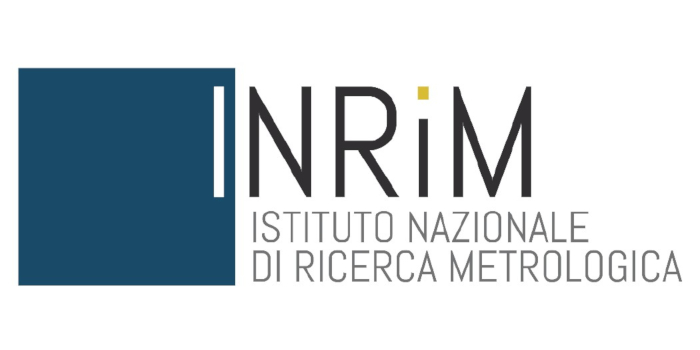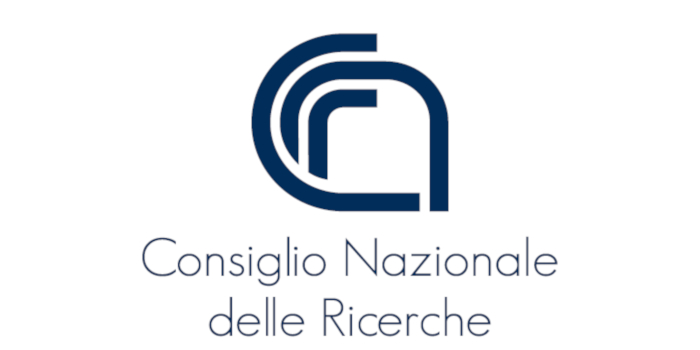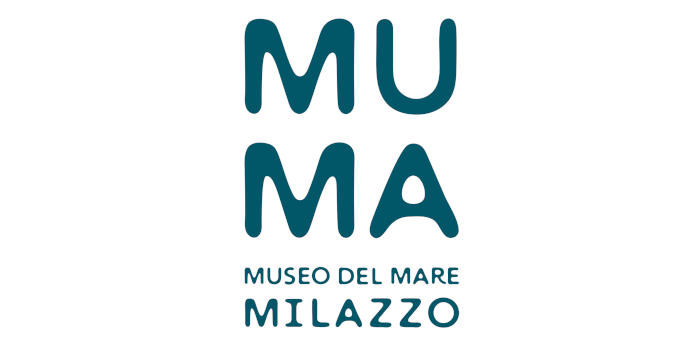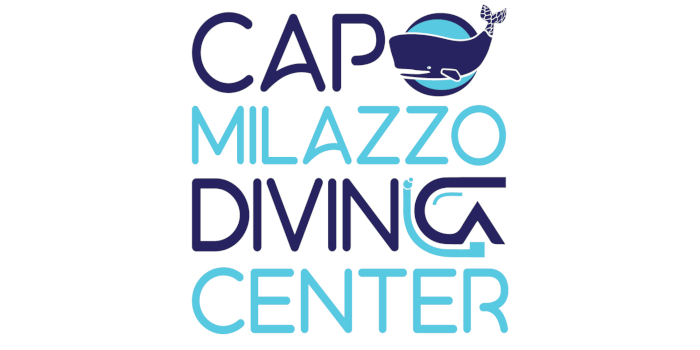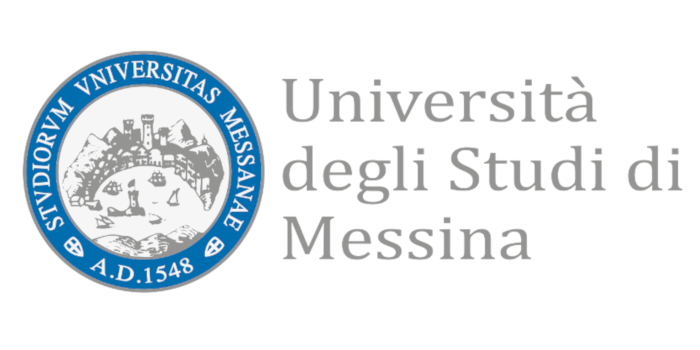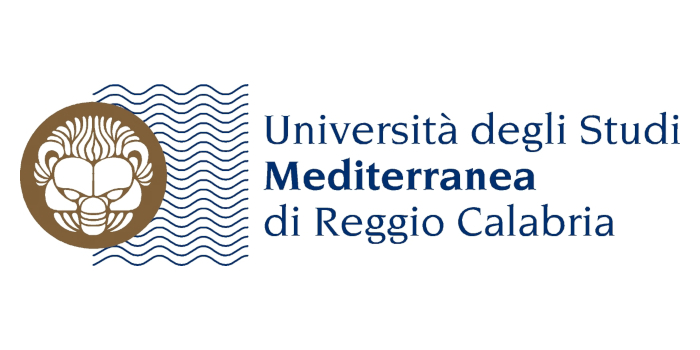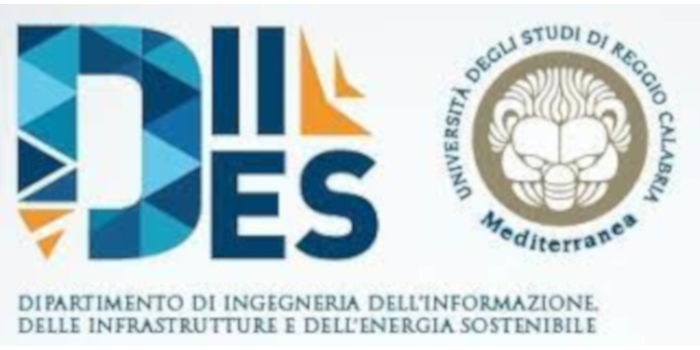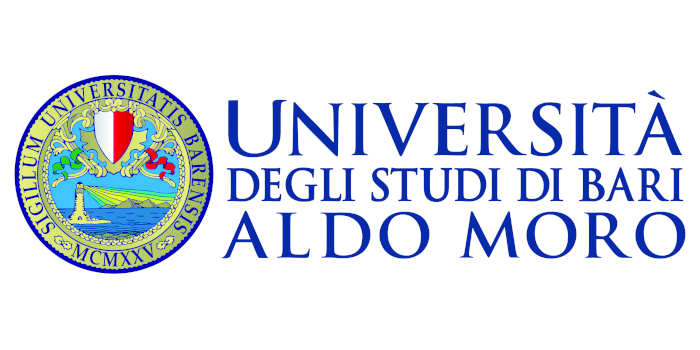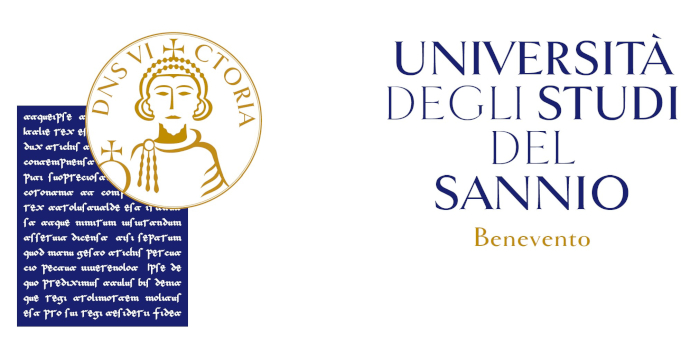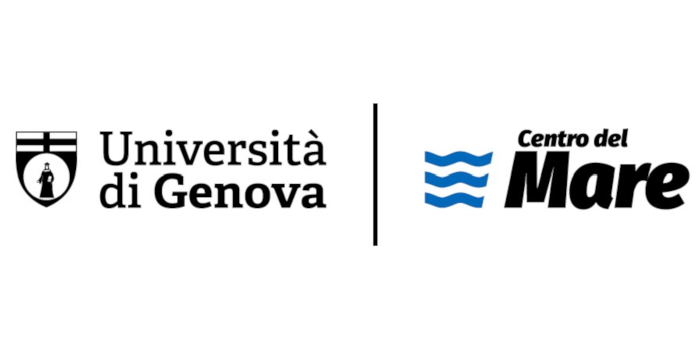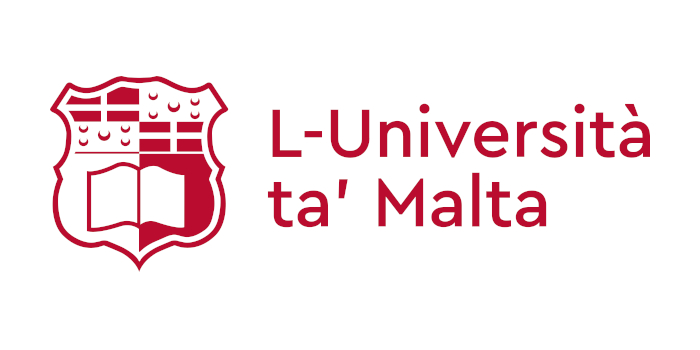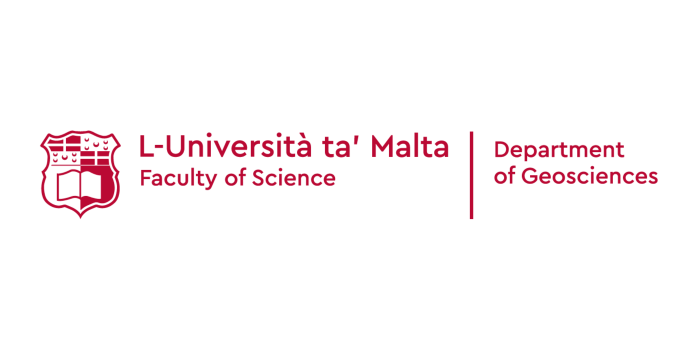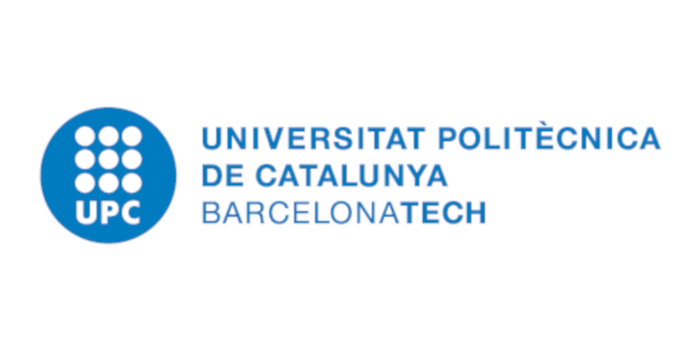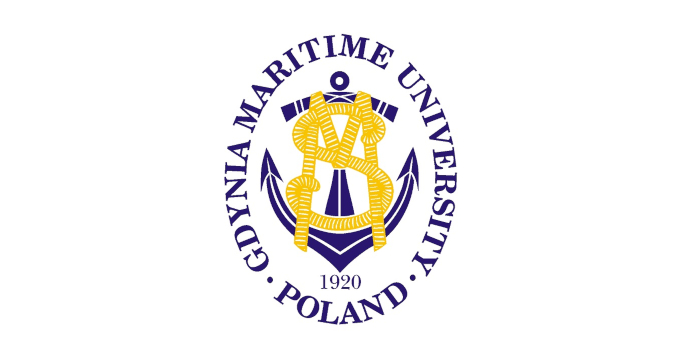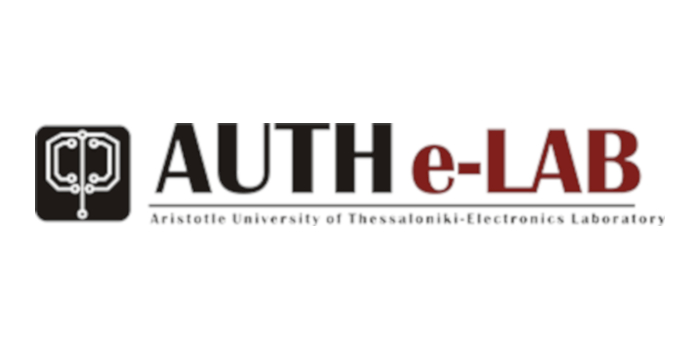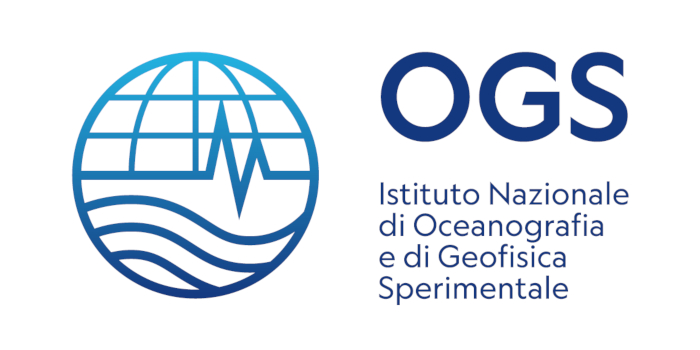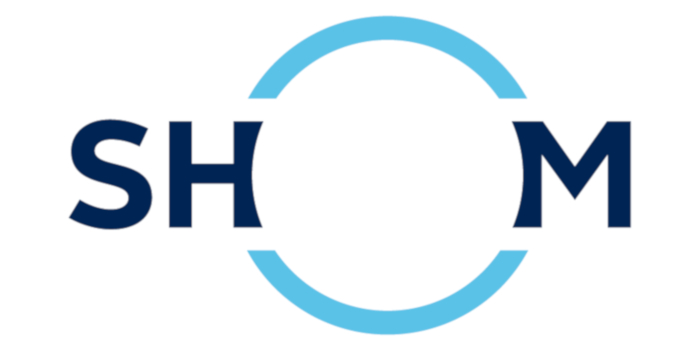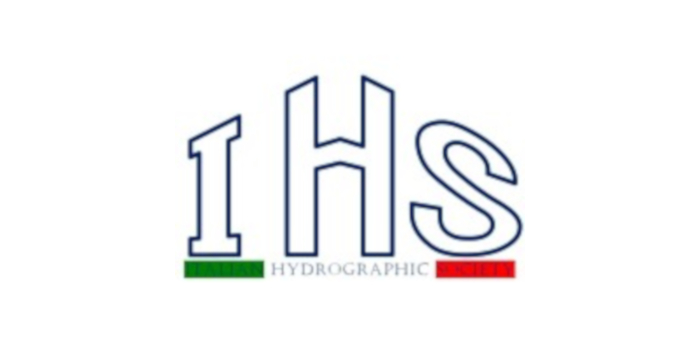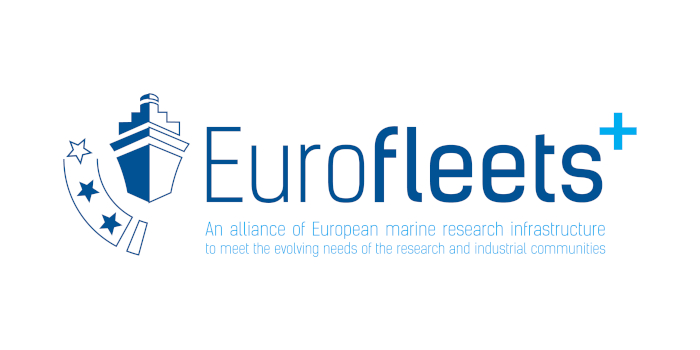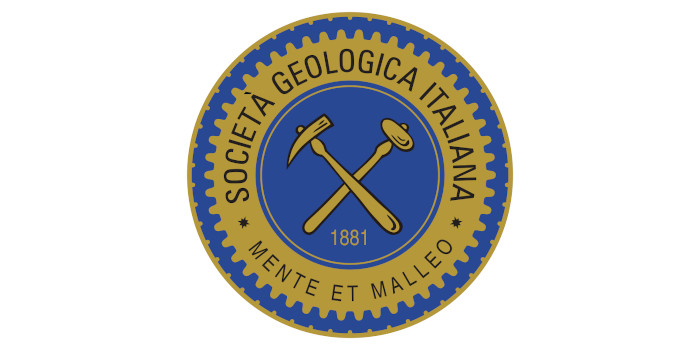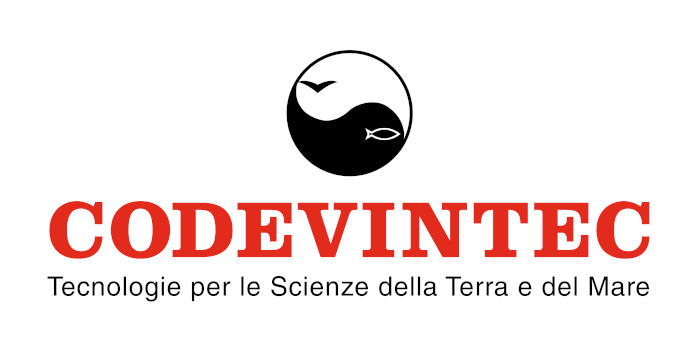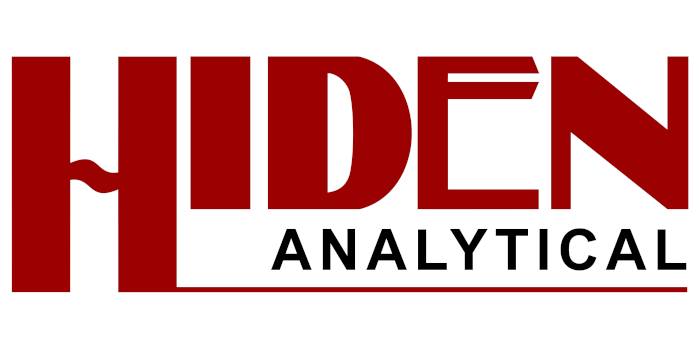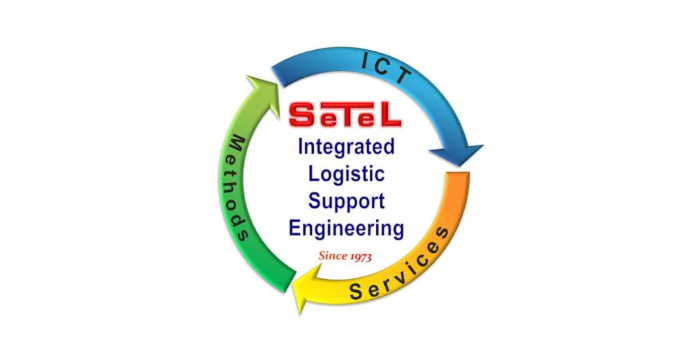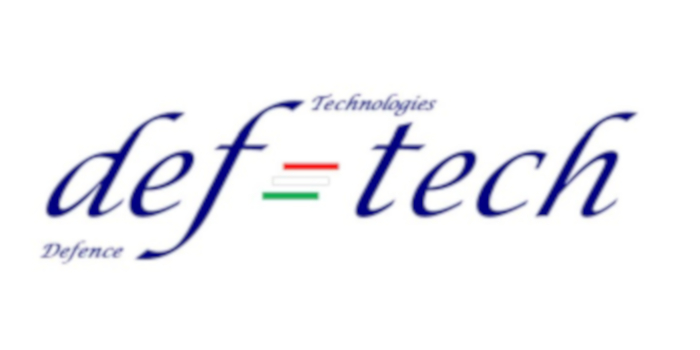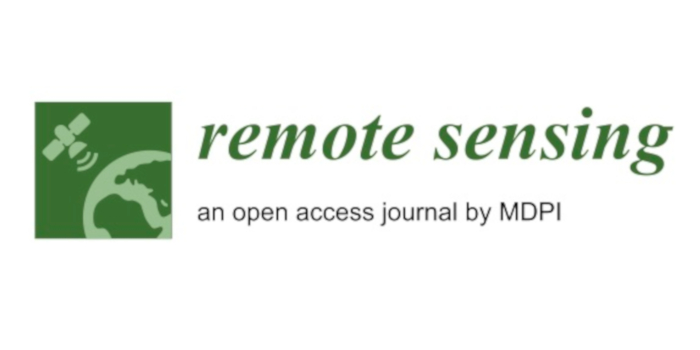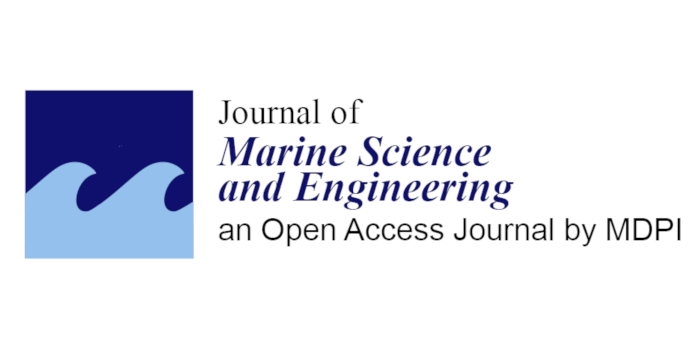The EU BAT constraints on the measurement systems for industrial wastewater treatments: quality and quantity for discharging into the sea
Aimé Lay-Ekuakille
University of Salento, Italy
ABSTRACT
The industrial use of measurement systems, for detecting and assessing industrial emissions impacting on environmental matrices, must obey specific requirements established and adopted by the national, and international authorities. Since 2012, the European Union has adopted the Best Available Techniques (BAT) as document allowing to identify the technologies necessary for some industrial activities with related techniques for characterizing the process and monitoring all the emissions. The BAT, with its subsequent Bref (BAT reference document), and BAT conclusions, represent the mandatory documents for addressing, among other things, the measurement systems issues with a particular focus on the automatic emissions measurement systems. Even if we know the broad definition of technique is already clear but the EU BAT clarifies the meanings of “available techniques” which are those developed on a scale allowing their application in the relevant industrial sector on the proviso that they are technically, and economically viable conditions, by considering the cost and advantages, whether or not the techniques are used or fabricated inside the EU member of state, and as long as they are reasonably accessible to the operator. Conversely, the acceptation “best” means the most effective in achieving a high general level of protection of the environment as a whole. The measurement systems do not run away from the aforementioned constraints. The keynote lecture will present the usefulness and the practical use of the BAT, and will present a case-study addressing the architecture of an industrial wastewater treatment discharging in the sea, and a deep presentation of the measurement systems accepted by the EU along with some experimental technologies for detecting pollutants.
SPEAKER BIO
Aimé Lay-Ekuakille (SM'12), received the first M.D. degree in electronic engineering from the University of Bari, Bari, Italy, in 1988, the second M.D. degree in clinical engineering from the University of L’Aquila, L’Aquila, Italy, in 2002, a M.D. (h.c.) in environmental management and sanitation from IFAD Institute, Kinshasa, DRC in 2020, and a Ph.D in Electronic Engineering from the Polytechnic of Bari, in 2001. He is with the Dept of Innovation Engineering, University of Salento, Italy, since 2000, and the Director of Instrumentation and Measurement Lab I. Prof. Aimé Lay-Ekuakille is a Senior Member of IEEE. His main areas of research are: (i) Instrumentation and Measurements for Biomedical, Environmental and Industrial applications, (ii) Sensors and Sensing Systems, (iii) Nanotechnology, (iv) Artificial intelligence for Instrumentation and Measurement, and (v) Ageing and Characterization of Photovoltaic Panels. He authored and co-authored more than 340 papers on indexed international conferences and journals, as well as 5 international books. He serves as, Senior Editor of Measurement: Food (Elsevier), Editor of Measurement Journal (Elsevier, NL), Editor of Measurement: Sensors (Elsevier, NL), Associate Editor of IEEE Sensors Journal (USA), Editor of IEEE Transactions on Nanobioscience, Associate Editor of International Journal on Smart Sensing and Intelligent Systems (USA), Associate Editor of Mathematical Problems in Engineering published by Hindawi (UK), and member of some international journals such as Sensors (Mdpi, CH), American Journal of Biomedical Engineering published by SAP (USA). Prof. Aimé Lay-Ekuakille is the Chairman of Imeko TC19 on Environmental Measurements, Chairman of IEEE IMS TC34 on Instrumentation and Measurement in Nanotechnology, and Chairman of the Nanosensors TC within the Italian chapter of IEEE Sensors Council. He is/was Visiting and Adjunct Professor in different international universities, namely, MMU of Kenya, Chemnitz Technical University (Germany), ISTA University (DRC), Panamerican University in Aguascalientes (Mexico), VUB - Free University of Brussels (Belgium), University of Navarra (Spain). He mentors different Ph.D students in Italy and international universities. He continues to serve as scientific consultant for national and international institutions.
